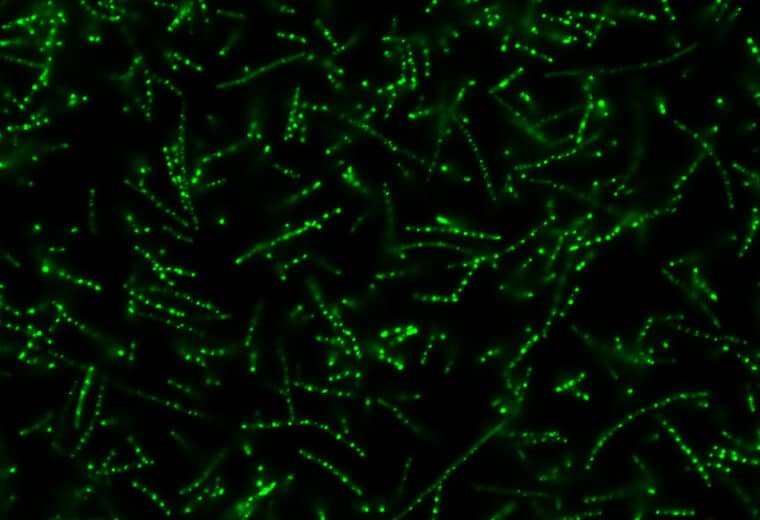
Activating Complex Regions of the Genome to Treat Rare Diseases
Researchers find a master epigenetic switch that activates silenced genes to compensate for their missing counterparts in a rare genetic disease called Prader-Willi syndrome
We’re sorry—the news story you were looking for has been archived.
Please see the most recent stories below.

Researchers find a master epigenetic switch that activates silenced genes to compensate for their missing counterparts in a rare genetic disease called Prader-Willi syndrome

Synthetic biological compartments trap together cellular machinery to increase their rate of protein production

One small slit could make rapid and detailed imaging tools more accessible for labs and hospitals